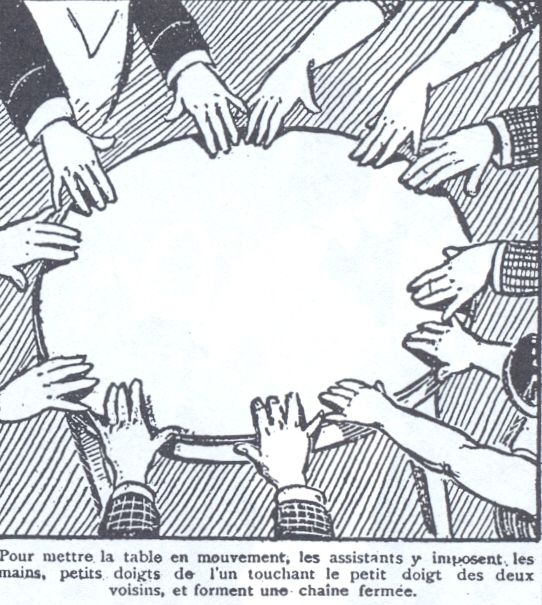Romantic love is mental illness. But it's a pleasurable one. It's a drug. It distorts reality, and that's the point of it. It would be impossible to fall in love with someone that you really saw.source
Les grands nerveux sont les inquiets, ceux que l'angoisse terrasse ou enflamme, ceux qui ont fait de l'intranquillité leur moteur de vie, parfois certains mélancoliques.
Saturday, December 25, 2010
Fran Libowitz understands Marcel
Friday, December 17, 2010
Wednesday, December 15, 2010
Friday, October 22, 2010
Reading Proust is like that sudden explosion on the toilet
I was innocently reading about the shop where "M. Swann faisait acheter son pain d’épices, et par hygiène, il en consommait beaucoup, souffrant d’un eczéma ethnique et de la constipation des Prophètes", I looked into Lydia Davis' marvelous translation and discovered a note saying that the 'pain d’épices', translated as 'spice cake', contains anise and has medicinal qualities.
But there was no note about the "constipation des Prophètes".
That doesn't mean that you can't find commentaries about this phrase on the internet! According to Mongi Madini's book, "Deux mille ans de rire" [Two thousand years of laughter], the "constipation des Prophètes" is a reference to the fact that Swann is an assimilated Jew, and, you see, Jews have a long literary history of constipation, from the time they were escaping from Egypt up to Portnoy's father.
It's this endless spiral of references and commentaries that makes reading Proust so much fun!
Note: this passage is found on page 418 of Ms Davis' translation.
Tuesday, October 19, 2010
Les Champs-Élysées
It's hard to imagine Proust or the Narrator playing on the Champs-Élysées, a place that's fixed in our minds as a wide, dangerous street to play in. This photo shows the wooded part where children can definitely play safely.

Friday, October 15, 2010
"Table Turning" is a reference to Séances
What does this mean? Here's one place where I looked in vain for another one of Davis' invaluable footnotes!
Here's the original:
«C’est prodigieux, je n’ai jamais rien vu d’aussi fort…depuis les tables tournantes!»
This picture should explain it all.

Tuesday, October 12, 2010
Proust and Phenomenology
In the 1930s phenomenology migrated from Austrian and then German philosophy into French philosophy. The way had been paved in Marcel Proust's In Search of Lost Time, in which the narrator recounts in close detail his vivid recollections of past experiences, including his famous associations with the smell of freshly baked madeleines. This sensibility to experience traces to Descartes' work, and French phenomenology has been an effort to preserve the central thrust of Descartes' insights while rejecting mind-body dualism. The experience of one's own body, or one's lived or living body, has been an important motif in many French philosophers of the 20th century. [Emphasis mine]
Sunday, October 10, 2010
Some additional links on Proust
Friday, October 8, 2010
In Search of Time Past - a cathedral?
... The reader who first opened Du Coté de chez Swann in 1913, could no more grasp the compositional plan of the whole work than a visitor entering Rouen Cathedral by the Library Door can understand the general scheme of the building. The reader, on the other hand, who, having worked through the whole novel, is struck by the secret symmetry of the composition, by the multiplicity of the details that balance one another from wing to wing of the structure, by the toothing stones set in position from that first moment that the work was begun, and designed to carry vaulting still to come, must be filled with wonder that Proust could envisage the whole gigantic edifice so completely.
-- André Maurois, The Quest for Proust, p. 183

Wednesday, October 6, 2010
Recognition, then I remember
No, can't be Sally - she's dead.
Monday, October 4, 2010
What is introspection?
That is how we find out what we are like.
Oh, yes, and we also learn about ourselves from the way we surprise ourselves in real life.




